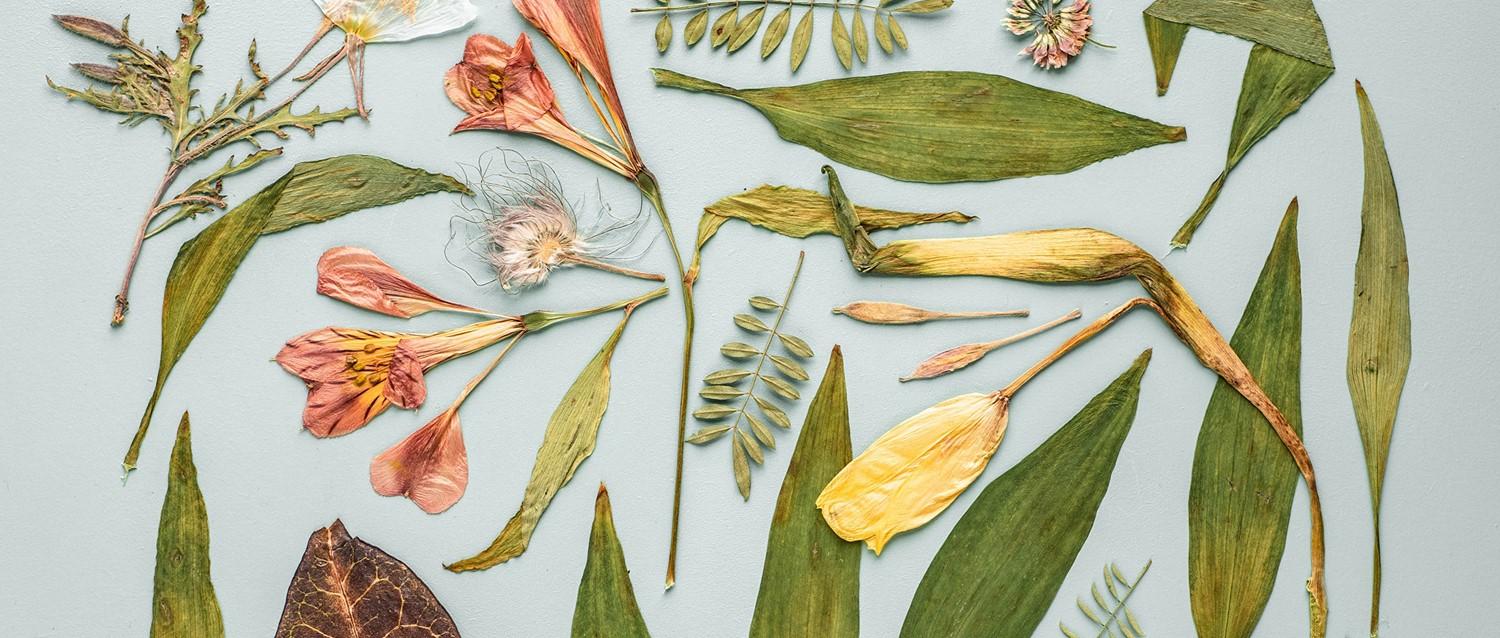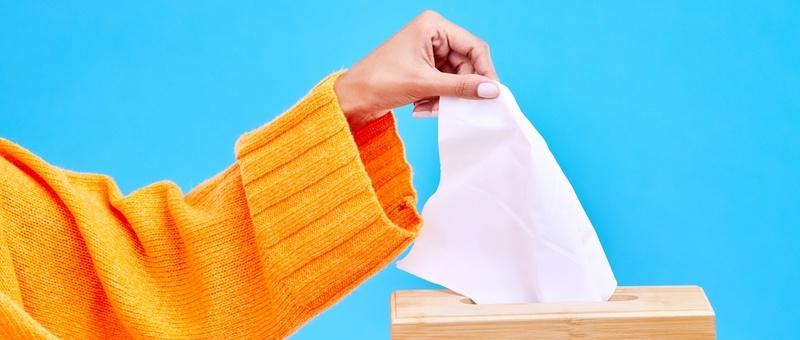
When is hay fever season in the UK - and how can you avoid the symptoms?
Peer reviewed by Dr Colin Tidy, MRCGPAuthored by Dr Sarah Jarvis MBE, FRCGPOriginally published 6 May 2019
- DescargarDescargar
- Compartir
For one in five of us, the arrival of spring or summer after the long, cold winter months is a mixed blessing - and a microscopic powder is to blame. Hay fever is cause by an allergy to pollen produced by grass (hence the 'hay' in hay fever) or sometimes trees or weeds.
En este artículo:
If you suffer from hay fever, your immune system goes into overdrive when exposed to pollen, and the result is a sneezy and sometimes wheezy mix of misery. Fortunately, simple measures can control symptoms in most people.
The medical name for hay fever is seasonal allergic rhinitis: seasonal because it tends to happen for the same few months every year; and rhinitis for inflammation (‘-itis’) of the nose. In fact, though, hay fever often affects your eyes and throat as well.
Seguir leyendo
When does hay fever season reach its peak?
Most people with hay fever are allergic to grass pollen, and peak times are May to July. Some are allergic to tree pollen (at its peak in March to May); others to weed pollen (highest in July to September); and really unlucky people react to all three.
The delicate lining of the nose and eyes has cells designed to fight off invaders into the body, like germs. In hay fever, they respond to contact with pollen by releasing chemicals, including histamines. Sometimes the same chemicals, which cause inflammation and irritation, can be released by cells at the back of the throat or the sinuses.
The result is sneezing, blocked or runny nose, itching and watering eyes. Less commonly, it can lead to headaches, loss of smell and pain over the sinuses behind the forehead or the cheekbones. Hay fever is an 'atopic' condition, meaning it affects people who have a tendency to allergies. Other atopic conditions include eczema and asthma. Having one of these conditions increases your risk of others, and severe hay fever can trigger asthma symptoms. Some people only get asthma during hay fever season.
Selecciones de pacientes para Otras alergias

Alergias, sangre y sistema inmunitario
How to manage hay fever at home
The weather's getting warmer, and spending more time outside can be a fun but challenging time if you have hay fever. We share the best at home tips and natural hay fever remedies, for when your usual treatments aren't quite enough.
por Victoria Raw

Alergias, sangre y sistema inmunitario
Alergia a medicamentos
Medicines can cause allergic reactions. In this leaflet these reactions are called 'drug allergies'. In this instance the drugs referred to are medicines people take for their health. For example, antibiotics or anti-inflammatory painkillers rather than drugs of addiction. Allergic reactions can happen with prescribed medicines as well as those you have bought from a pharmacy. Drug allergies may be mild, moderate or severe. Some can come on in a matter of minutes. Others may take days or even weeks to develop. Some reactions are so severe they can be life-threatening. Mild reactions can sometimes be treated simply by stopping the medicine. Severe reactions usually require hospital admission.
por la Dra. Hayley Willacy, FRCGP
How to beat hay fever
Avoiding pollen where possible can make a huge difference to symptoms. Weather reports often carry details of the next day's pollen count - you may want to stay indoors when it's high with the windows closed. Remember, it's grass you mostly want to avoid if you suffer in summer. Fields of bright yellow rapeseed oil are often blamed for hay fever - but rape pollen is too heavy to float easily and rarely a culprit.
If you are out and about, you can still cut your exposure to pollen. A simple barrier nasal balm under your nostrils works by trapping pollen. Surprisingly, it can relieve eye as well as nose symptoms. Try Vaseline or Haymax nasal balm. A pollen filter for your car needn't cost a fortune, and can prevent misery on long journeys - if you have one, have it serviced before hay fever season.
When you get home after being outside, change your outer clothes, as pollen may have stuck to them. And ideally wash your hair so you don't take pollen to bed with you. Speaking of bed, forget those visions of clean washing blowing gently in a summer breeze on the washing line. All clothes, and especially sheets, should be dried indoors away from pollen.
Seguir leyendo
Should you reach for the antihistamines?
There are lots of effective medications for hay fever, depending on your symptoms. Antihistamine tablets stop the release of histamine, responsible for all that itching and watering. These days, newer non-drowsy versions are available without prescription from your pharmacist.
However, antihistamines don't tend to clear a blocked nose. For that, you need a nasal spray, usually containing a tiny dose of steroid. As for eyes, regular eye drops containing a medicine that stops immune cells releasing histamine should help. Both of these need to be taken regularly for full effect. It may be worth starting these a couple of weeks before your hay fever symptoms usually kick in, as they can take a few days to have full effect.
In very severe cases, immunotherapy (exposing you to tiny amounts of pollen so your body gets used to it) may be recommended. It's not a quick fix - you may need treatment for three seasons for full relief, but the benefits do persist for at least two years after you stop.
Historia del artículo
La información de esta página ha sido revisada por médicos cualificados.
6 May 2019 | Originally published
Autores:
Dra. Sarah Jarvis MBE, FRCGPRevisado por expertos
Dr. Colin Tidy, MRCGP

Pregunte, comparta, conecte.
Explore debates, formule preguntas y comparta experiencias sobre cientos de temas de salud.

¿Se encuentra mal?
Evalúe sus síntomas en línea de forma gratuita